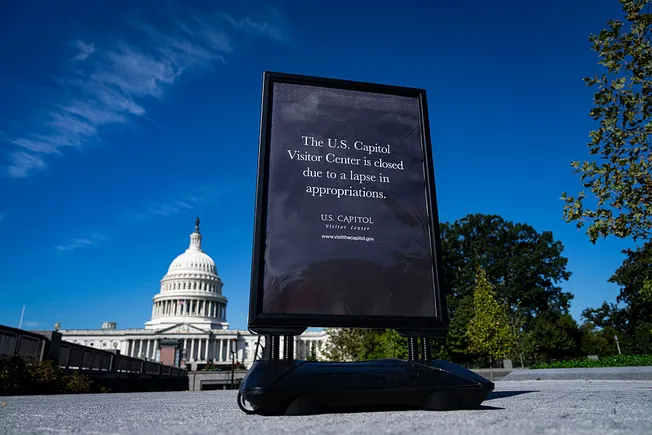Chief human resource officers are becoming more integral to corporate boards and business strategy, often serving as key advisors to the CEO and board members, according to an April 15 report from The Conference Board.
In a survey of 55 corporate secretaries and interviews with 30 CHROs, CEOs and board directors, 70% said CHRO engagement with the board has increased during the past three years, with nearly one-third saying CHROs have become “significantly” more engaged.
“The pandemic was a pivotal moment in the evolution of the CHRO role, as companies were forced to rethink workforce management, employee well-being and organizational resilience,” said Diana Scott, leader of The Conference Board’s US Human Capital Center. “But longer-term economic and business shifts — the advent of AI, a fast-aging population, evolving employee expectations — have cemented the need for CHROs to become fully embedded in the C-suite and boardroom.”
In the survey, 59% said CHROs attend most or every board meeting, and they’re expected to become integrated into the leadership team. The expanded scope of work for CHROs often includes business and financial strategy, workforce and labor market strategy, operational efficiency, CEO and leadership succession planning, and support for mergers & acquisitions and growth strategy, the report found.
CHROs can deepen their influence by building trust, demonstrating business expertise, aligning with the CEO and engaging with the board, the report found. Similarly, board directors can establish a direct board-CHRO relationship, support discussions about human capital strategy and ensure CHROs have resources for succession planning and executive compensation.
In 2025, CHROs are struggling to prevent an exodus of C-suite leaders, according to a Gartner report. Most executives also said their CHRO doesn’t effectively manage tension between C-suite members.
Even so, the CHRO role is the third fastest-growing C-suite role, according to a LinkedIn report. With the rise of remote and hybrid work, as well as more investment in artificial intelligence tools, leaders are also maintaining a focus on people and human capacity, LinkedIn data scientists said.






Leave a Reply